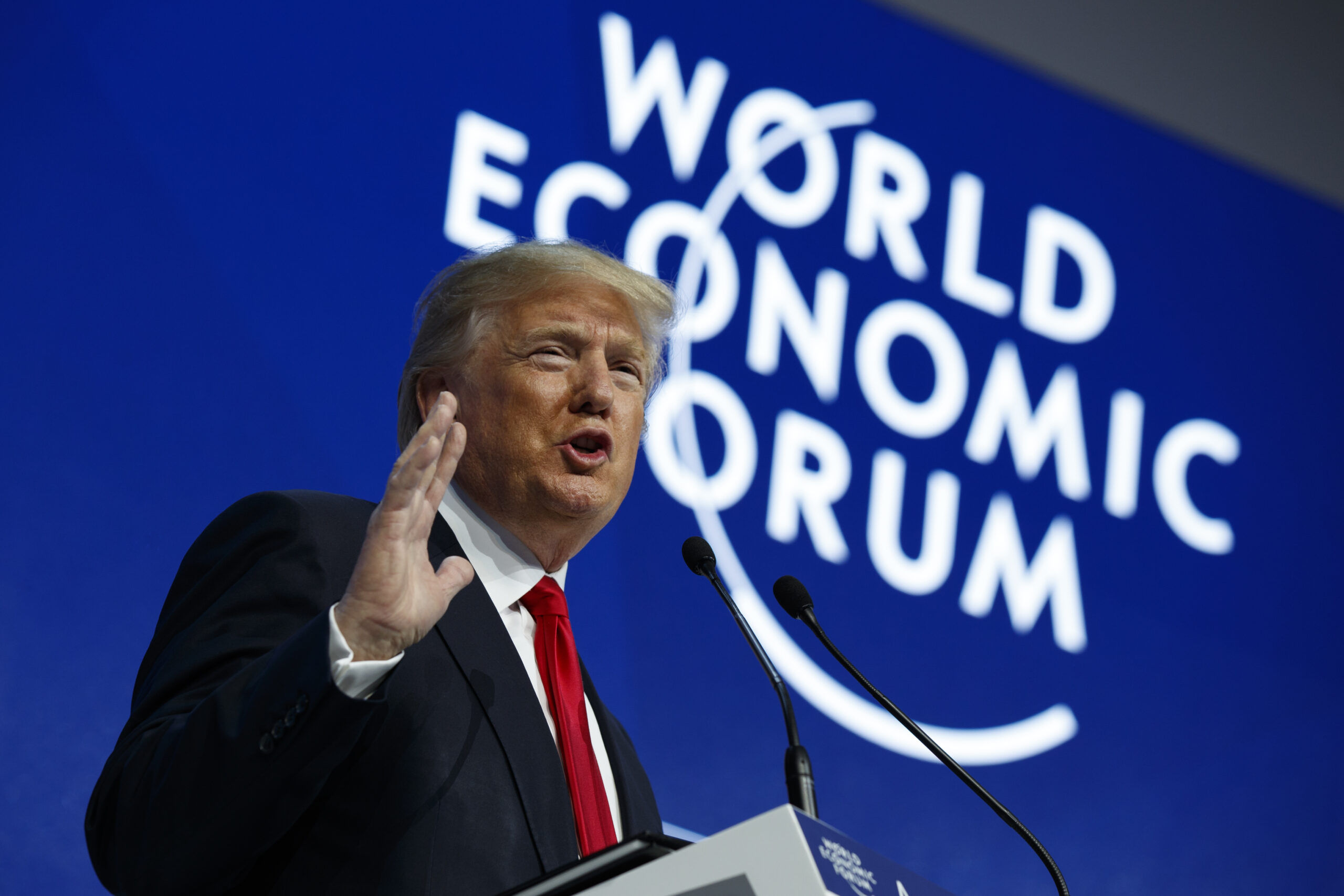The World Economic Forum (WEF) is a globally recognized organization that profoundly influences the world’s economic landscape. Founded in 1971, the WEF serves as a crucial platform where leaders, policymakers, and experts gather to tackle urgent economic challenges, offer solutions, and promote international cooperation. In this article, we will delve into the significance and impact of the World Economic Forum on economies worldwide.
The Genesis of the World Economic Forum
The WEF’s journey began with the vision of Professor Klaus Schwab, a Swiss economist, who aimed to create a platform for stakeholders to collaborate on addressing the world’s economic challenges. Originally known as the European Management Forum, it has evolved into the global force we recognize today.
Annual Meetings: A Global Gathering
One of the most anticipated events on the global economic calendar is the WEF’s annual meeting in Davos, Switzerland. Leaders from governments, businesses, academia, and civil society come together to discuss a wide range of topics, from climate change and technology to global trade and economic inequality.
The Davos Agenda
The Davos Agenda serves as a roadmap for discussions at the annual meeting. It outlines key themes and sessions that focus on various aspects of global economics and society.
Advancing Sustainable Development Goals
The WEF is committed to advancing the United Nations Sustainable Development Goals (SDGs). It actively engages with stakeholders to find innovative solutions to the world’s most pressing challenges, including poverty alleviation, healthcare access, and climate action.
Bridging the Gender Gap
Gender equality is a significant focus of the WEF. It hosts discussions and initiatives aimed at reducing gender disparities in the workplace and society, recognizing that gender equity is essential for economic growth.
Technological Advancements and the Fourth Industrial Revolution
The WEF recognizes the transformative power of technology. It explores the implications of the Fourth Industrial Revolution, including artificial intelligence, blockchain, and the Internet of Things, on global economies.
Innovation Ecosystems
The WEF supports innovation ecosystems by fostering partnerships between governments, businesses, and startups. These collaborations drive economic growth and competitiveness.
Economic Forecasting and Risk Assessment
The WEF provides valuable economic insights through its reports and research. It assesses global economic risks and opportunities, helping businesses and governments make informed decisions.
Conclusion
The World Economic Forum’s impact on global economies cannot be overstated. From its annual meetings in Davos to its commitment to sustainable development and gender equality, the WEF remains a driving force in shaping the world’s economic future.












